Monday
TEF
The BIS select committee has published its report on The Teaching Excellence Framework: Assessing quality in Higher Education following its recent inquiry. The report recommends that government should provide further detail on the balance between qualitative and quantitative assessment in the TEF. The report also supports the principle of linking differentiated levels between teaching quality and fee level. The report argues that the quality assurance of universities should remain administratively and visibly independent from Government or the new regulator.
Higher Education Bill
The government looks set to introduce a higher education bill, possibly following a White Paper in May, with David Cameron said to be convinced of the need for legislation. Higher education bill ‘odds-on’ after Cameron backs legislation. (THE).
EU Referendum
The Observer has looked at how a Brexit would affect different aspects of society, including HE and research. What would Brexit mean for everyday life in the UK? (The Guardian).
Tuesday
Widening Participation
An article in the Guardian HE network looks at why white working class boys are put off going to university. The article reveals that the large amount of debt they will have is the main reason which is putting them off considering university. What puts working class boys off university? (Guardian Higher Education Network).
Wednesday
EU Students
The government is to make it harder for students from other European Union countries to get financial support for their living costs in England by extending UK residency requirements from three years to five years.
Crackdown on EU students’ support funding (BBC).
Thursday
Women in Higher Education
Many more women are taking leadership positions in universities but still remain heavily outnumbered by men in higher education’s top jobs. More women in senior university jobs, says report (THE).
Friday
International Students
Vivienne Stern, Director of the International Unit, writes for WonkHE about the strengths and weaknesses of the UK HE system from the perspective of international students. We need to keep the UK’s competitive advantage (WonkHE).
Religion at Universities
It has been reported that Jewish students are avoiding universities due to perceived growing campus anti-Semitism. We cannot allow British universities to become bastions of religious segregation (Telegraph).
EU Referendum update
On 15 April the official “referendum period” begins and campaigning limits and restrictions are put in place. The EU Referendum Act also compelled the Government to publish two reports by this date. The first, setting out the renegotiation outcomes and the Government’s opinion of it, was published last week. The second requires the Government to publish a report setting out the rights and obligations of UK citizens as members of the EU and provide examples detailing the arrangements of European countries that are not in the EU.
Purdah begins on 27 May. After this date, publically funded institutions are not able to publish any information promoting a view point on the referendum or the issues associated with it. This covers Westminster and Devolved ministers and departments and local authorities.
The BBC are televising three live debates on 19 May, 15 June and 21 June with the referendum taking place on 23 June. Results will be announced on 24 June.


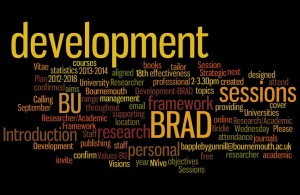 Just to advise you details of our next BU Researcher/Academic Development (BRAD) events programme will be coming out very soon….watch out for our announcements on the Research BLOG and BU Intranet and get yourself booked in via Organisational Development.
Just to advise you details of our next BU Researcher/Academic Development (BRAD) events programme will be coming out very soon….watch out for our announcements on the Research BLOG and BU Intranet and get yourself booked in via Organisational Development.
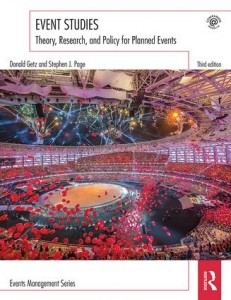
 With just four months to go until the referendum on British membership of the EU on 23 June, academics are lining up on either side of the debate. Scientists’ lobby groups on both sides will register with the government as parties to the vote in the next two weeks.
With just four months to go until the referendum on British membership of the EU on 23 June, academics are lining up on either side of the debate. Scientists’ lobby groups on both sides will register with the government as parties to the vote in the next two weeks. I recently received 45 45’s (7” singles or if you’re still too young, small records) for my birthday (guess how old I was?). I thought I would make a shameless attempt to cram some of the records into a research focussed blog post. Here goes!
I recently received 45 45’s (7” singles or if you’re still too young, small records) for my birthday (guess how old I was?). I thought I would make a shameless attempt to cram some of the records into a research focussed blog post. Here goes!
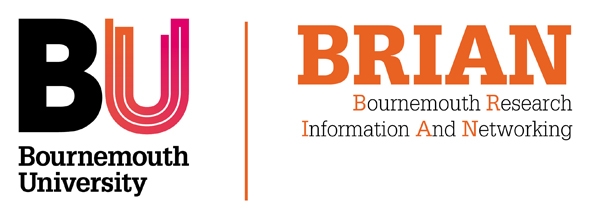
![InnovateUK_LogoA_Interim_RGBx320govuk[1]](http://blogs.bournemouth.ac.uk/research/files/2014/12/InnovateUK_LogoA_Interim_RGBx320govuk1-300x90.jpg)
 Serendipity can be a wonderful thing.
Serendipity can be a wonderful thing. 
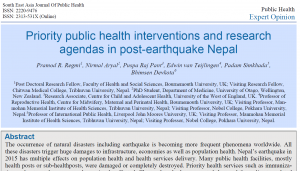 ons and research agendas in post-earthquake Nepal’ [1] which has been accepted by South East Asia Journal of Public Health will be freely available in April this year, talks in detail around impact of the Nepal’s earthquake on population health and health system infrastructure. This is a collaborative work among researchers of universities in the UK, Nepal and New Zealand. FHSS’s Dr Pramod Regmi (lead author) along with BU Professor Edwin van Teijlingen, BU visiting Professor Padam Simkhada (Liverpool John Moores University, UK), Nirmal Aryal (University of Otago, New Zealand), Dr Puspa Raj Pant (University of the West of England, UK) and Professor Bhimsen Devekota (Tribhuvan University, Nepal) have contributed to this paper.
ons and research agendas in post-earthquake Nepal’ [1] which has been accepted by South East Asia Journal of Public Health will be freely available in April this year, talks in detail around impact of the Nepal’s earthquake on population health and health system infrastructure. This is a collaborative work among researchers of universities in the UK, Nepal and New Zealand. FHSS’s Dr Pramod Regmi (lead author) along with BU Professor Edwin van Teijlingen, BU visiting Professor Padam Simkhada (Liverpool John Moores University, UK), Nirmal Aryal (University of Otago, New Zealand), Dr Puspa Raj Pant (University of the West of England, UK) and Professor Bhimsen Devekota (Tribhuvan University, Nepal) have contributed to this paper.
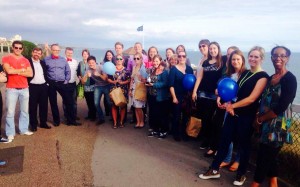
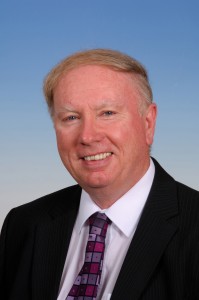











 BU paper among top 20 most cited papers
BU paper among top 20 most cited papers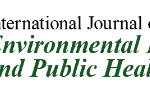 Nepal migrant workers returning from India
Nepal migrant workers returning from India New BU midwifery publication
New BU midwifery publication MSCA Postdoctoral Fellowships 2025 Call
MSCA Postdoctoral Fellowships 2025 Call ERC Advanced Grant 2025 Webinar
ERC Advanced Grant 2025 Webinar Horizon Europe Work Programme 2025 Published
Horizon Europe Work Programme 2025 Published Horizon Europe 2025 Work Programme pre-Published
Horizon Europe 2025 Work Programme pre-Published Update on UKRO services
Update on UKRO services European research project exploring use of ‘virtual twins’ to better manage metabolic associated fatty liver disease
European research project exploring use of ‘virtual twins’ to better manage metabolic associated fatty liver disease